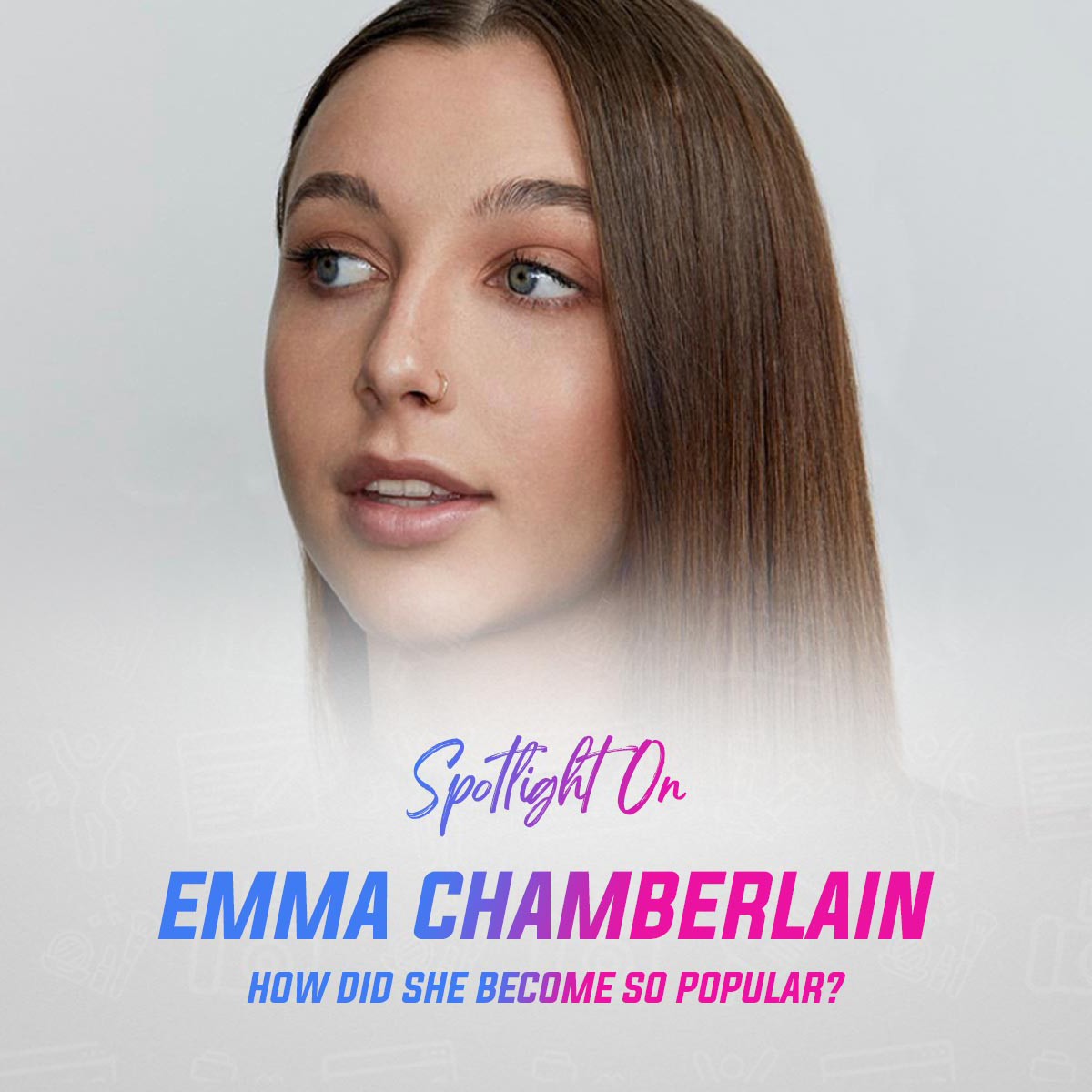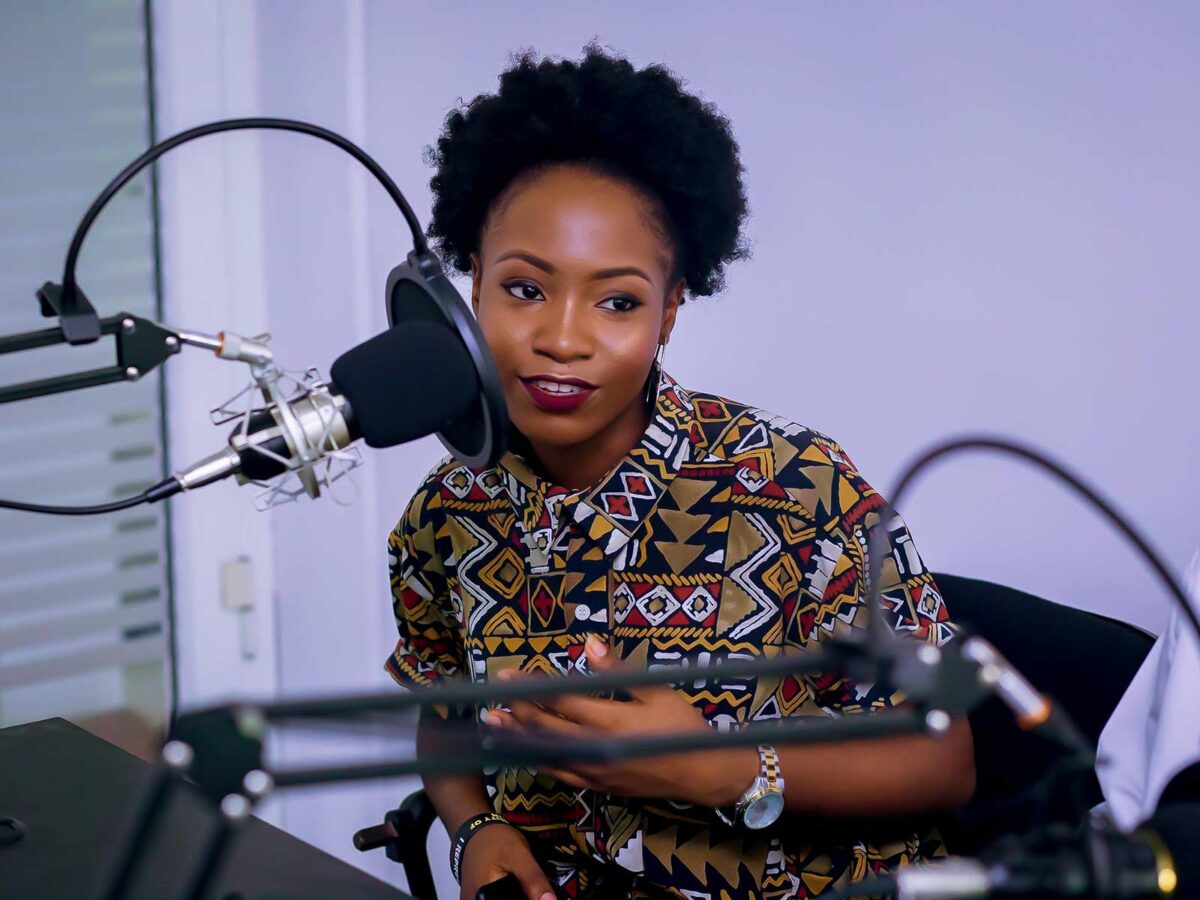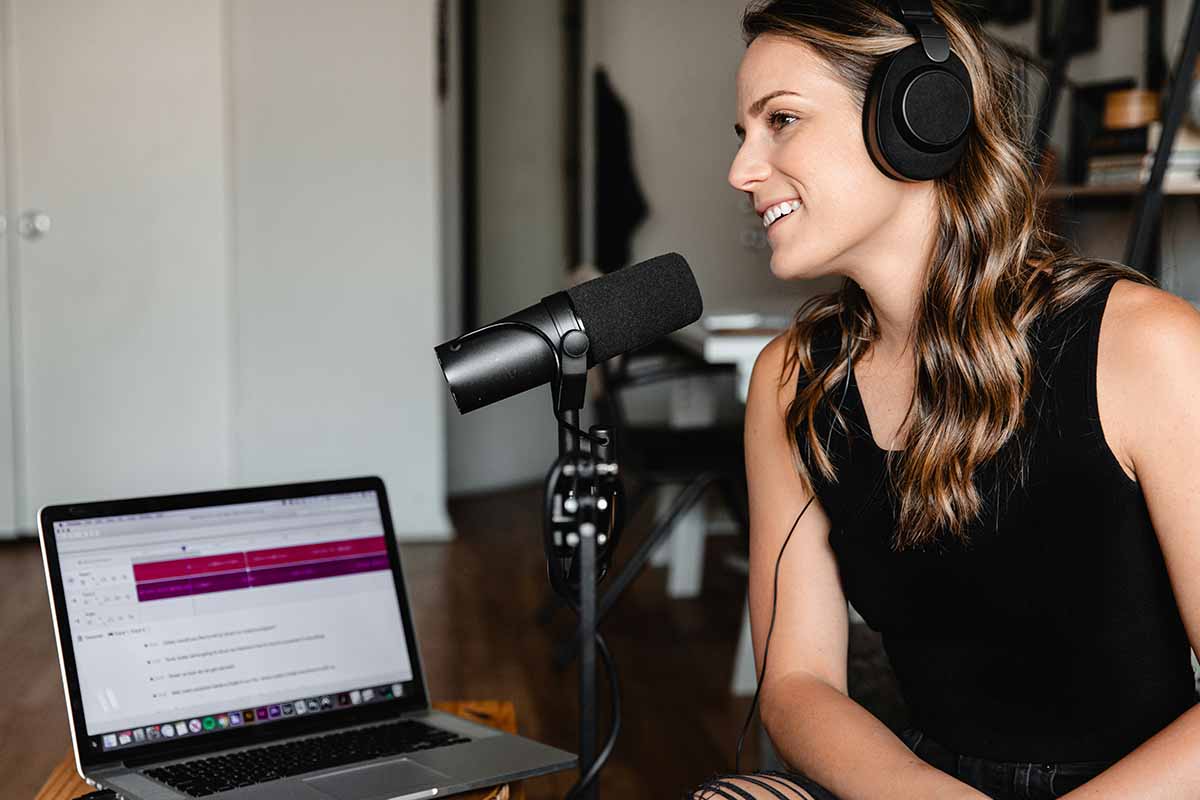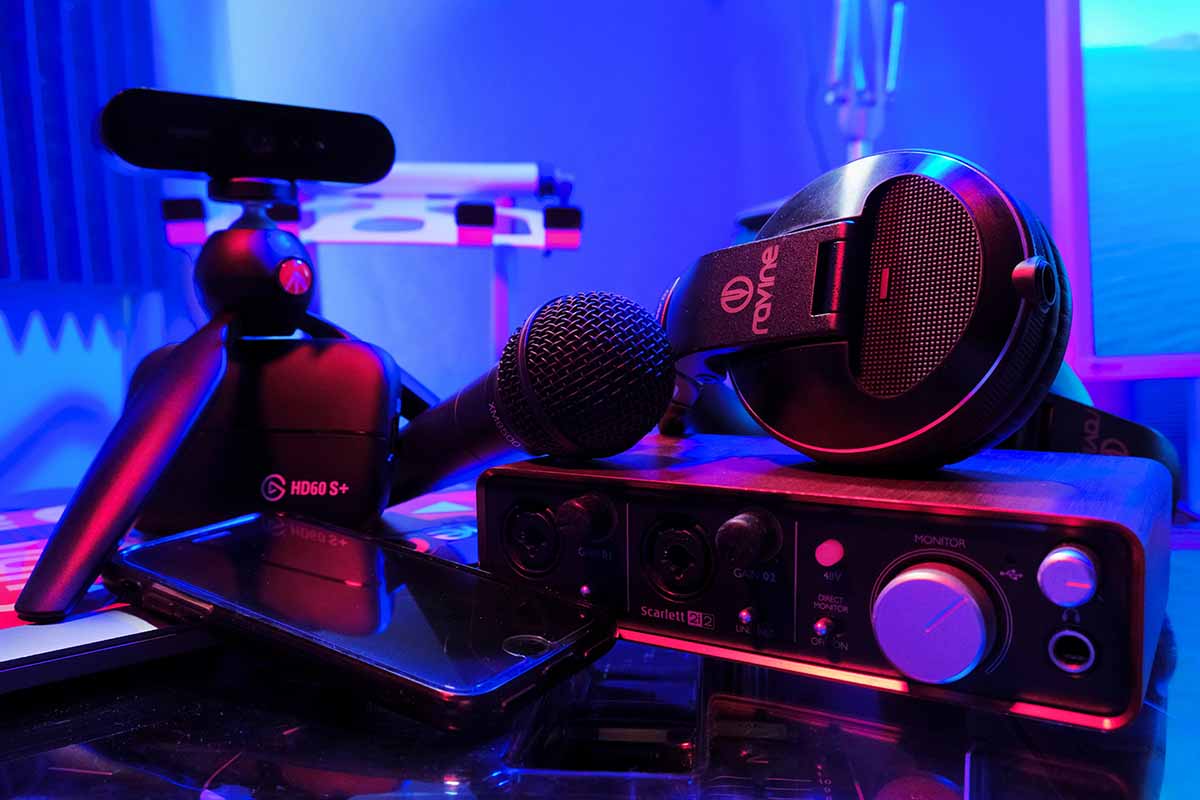Photo by Bryan Catota from Pexels
Artists go independent for three reasons: creative control, financial gain, recognition. Whether being an independent artist is your long term strategy or a step to signing with a label, knowing how to publish music will be essential.
THE 7 STEPS DETAILING HOW TO PUBLISH MUSIC ONLINE SUCCESSFULLY
Step 1: Determine Whether You Own The Rights To Independently Release Your Music
You made the song so you must own the rights, right? Wrong. The recording studio, sound engineer, featuring artists could own a portion or all of the rights to your song.
Additionally, if you’ve released this music before and want to rerelease it – even if you published it independently, it could be owned partially or wholly by someone else.
To determine if you own the rights to your music, you can review every document or agreement you’ve signed, whether online or in person.
You can also review agreements you’ve made with an engineer or recording studio and other artists who’ve featured on songs or who you may have sampled. If there isn’t an agreement to speak of, be sure to put it in writing that you own all the rights to your music. You may want to contact a lawyer or use a service like Indie Artist Resources to get templates for legal agreements.
Note: You can own the copyright to your music but not be the owner of your masters. Masters are the original or official work of a song or album. Technically every other release of your music is only a copy of the master release. Royalties and ownership will usually go to the person/s who own the masters because they’re the ones the PRO’s can and do track. If someone else owns the masters, you’ll either get songwriters royalties or artists royalties.
So, be sure you own the masters to your work if you want the most financial benefit.
Step 2: Get AN ISRC
Have you ever wondered how artists – especially record companies – keep track of how many times a song plays? Or wondered how artists get income from venues like the mall or a local coffee shop or even get royalties from sites like YouTube? Who is policing all these plays?
An ISRC is an alphanumeric code that identifies the song – almost like a barcode. Every time the song plays – whether physically or digitally – it’s linked to the ISRC of the song. This ISRC is read by sound systems, streaming services, and broadcasters and helps with reporting and royalties distribution.
Step 3: Complete The Mastering of Your Album, Mixtape, or Song
An ISRC needs to be embedded in each song for it to be effective. This can only occur during the mastering of your music. Therefore, you’ll want to have your album professionally mastered. Services like Tunecore offer mastering services. However, software masters the music instead of an engineer. If you have the budget you may consider getting an engineer with years of mastering experience to get high-quality masters. These high-quality masters won’t only meet the technical standard but also add to the listening experience.
Step 4: Sign With A PRO
PRO’s (Public Rights Organizations) are the only way to ensure you get paid when your music plays in public, in a film, or at a venue. The income these performances generate, the PRO distributes royalties from the song to you, the artist, or a distributor. The US has 5 PRO’s: ASCAP, BMI, SESAC, SOCAN, and GMR, but most countries only have one PRO.
Keep in mind that PRO’s don’t distribute royalties for digital plays through services like Pandora or cable music channels. To get royalties from those channels, you should also sign up to SoundExchange. To sign up to Sound Exchange, you’ll need to email, fax, or post a form with your information and particulars.
Step 5: Get On Spotify and Other Streaming Platforms
Now that you own the rights, and can track your music plays both digitally and physically, it’s time to distribute your song to streaming platforms. Most listeners consume music through only one streaming service, so having your music on more than one streaming service is critical. To get your music onto different streaming platforms, sign up to a distributing service like Distrokid or Tunecore.
Step 6: Get Radio Play
Radio play is still a crucial component in gaining recognition as an artist. Just because the world’s gone digital doesn’t mean people aren’t still discovering new music on the radio. Radio play can also have a profound effect on how well your song performs. Someone may hear your song on the radio and then choose to listen to it elsewhere.
Getting your song on the radio is also one of the only ways to get a diverse group of people listening to your music at any given time. Even if someone doesn’t want to listen to your song, if they’re listening to the radio, they’ll hear it.
Getting your music on the radio isn’t as simple as getting your music on streaming services, it requires plenty of manual labor. You’ll first need to find radio stations that play music similar to the music you’re releasing. Then you’ll need to find the correct contact person who determines what makes it on the air. Lastly, you’ll need to repeat this process until you do make it on the air.
Usually, you can also aid this process by creating a buzz around songs through press releases and so on. However, if you’re not making radio-worthy music, your song is probably never going to make it on air.
Step 7: Get Vevo Distribution
Besides getting radio play, getting Vevo recognition is just as vital. On YouTube, listeners look for the Vevo logo to determine whether or not that’s an original high quality version, before listening. Getting your music on Vevo is as simple as publishing it on one of Vevo’s partners like Ditto Music or Symphonic Distribution.
HOW TO PUBLISH MUSIC:
ARE THERE ANY ALTERNATIVE METHODS TO PUBLISH YOUR MUSIC?
Making and publishing music is expensive, so before you complete all these steps, you should determine whether or not you’re on the right track. Whether or not people will listen to your music. If you want a more affordable method to release your music, consider publishing a demo on SoundCloud and first registering the copyright for the song with US.gov. When you create a song, it’s already copyrighted. Only songs that your register for copyright can you dispute in court.
It only costs $35 per song or $55 to register multiple works. From your play on sites like Soundcloud and even YouTube can determine whether your music is what people want before you go through the previous steps and spend a ridiculous amount of money releasing music that isn’t going to sell.
